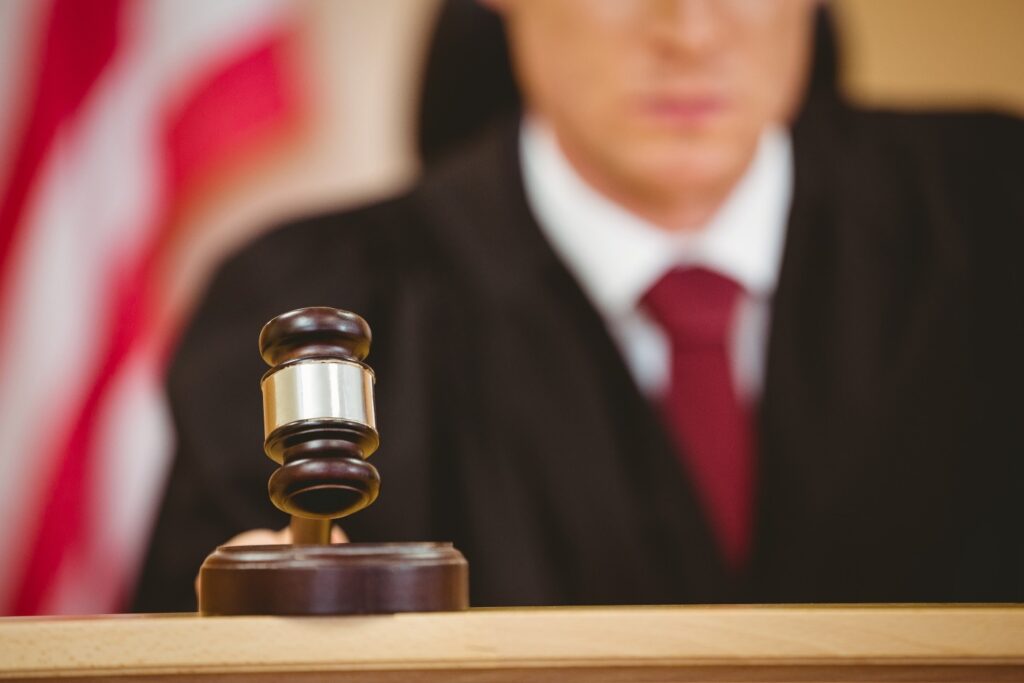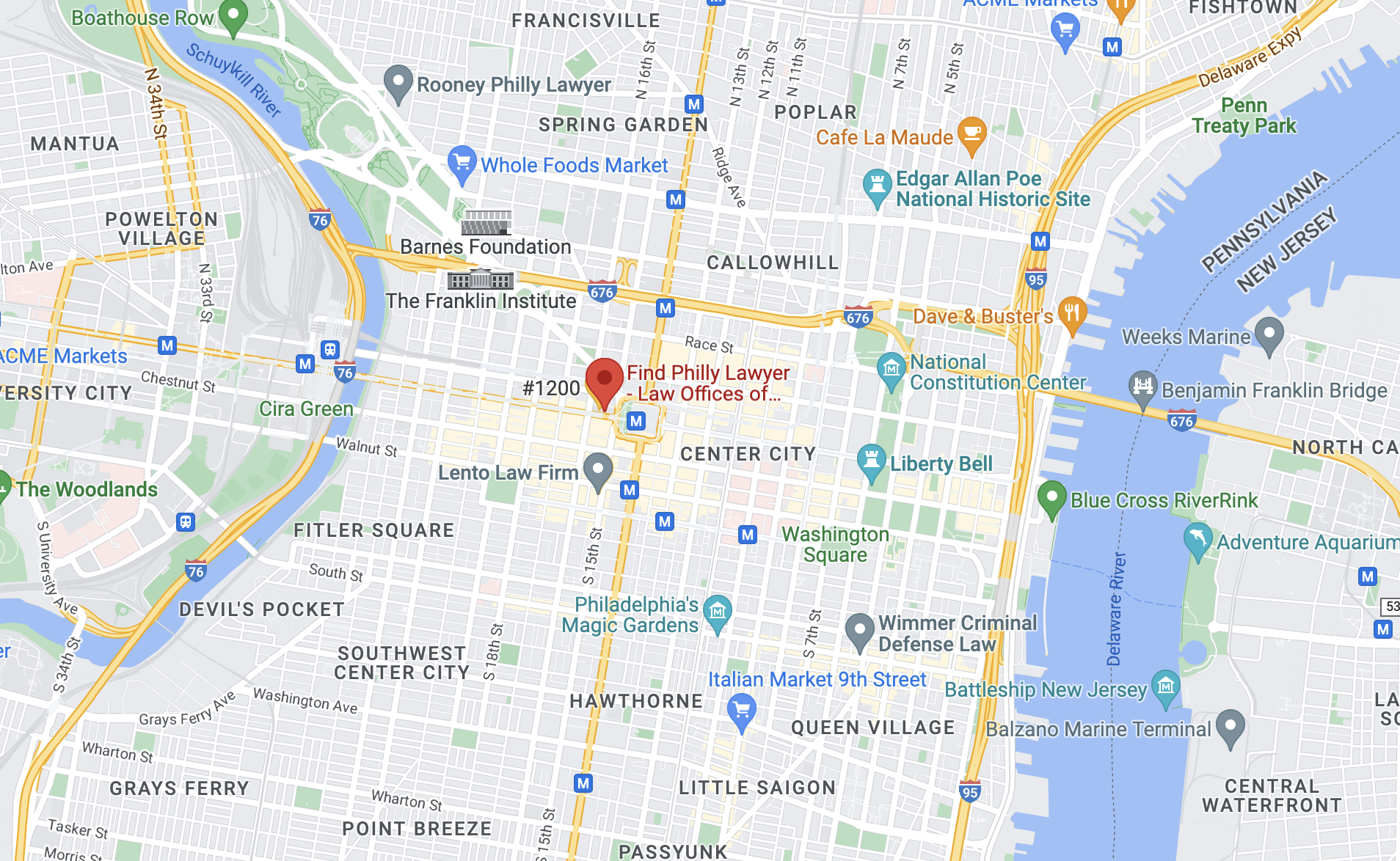The juvenile justice system differs from the standard or adult systems in multiple ways. One of the most important distinctions is that the juvenile system tends to emphasize treatment and help over punishment.
If a juvenile is adjudicated delinquent – meaning they were found guilty of a criminal offense – a disposition hearing must be held to determine what happens next, including punishment. One possible outcome, and perhaps the most dreaded outcome, is detention. Juveniles may be placed in detention centers or facilities for a certain period of time. Detention is not meant to be purely punitive. While in detention, juveniles often receive treatment, education, and various other services to help them avoid reoffending. Alternatively, a juvenile might be placed on probation. This allows the juvenile to live at home and go to school while checking in with a probation officer assigned to their case. If a juvenile is transferred to adult court, they might face incarceration.
Call our Philadelphia juvenile defense lawyers at The Liberty Law Team at (215) 826-3314 for a free case assessment if your child has been arrested.
What Happens After a Juvenile Adjudication Hearing in Philadelphia?
The adjudication hearing is the juvenile justice equivalent of a criminal trial. An adjudication hearing is less formal and tends to move quicker than a standard trial. If a juvenile is adjudicated delinquent, which means they were found guilty, the court must determine what happens next. Instead of a sentencing hearing, juveniles have a disposition hearing. At the disposition hearing, the court could potentially place the juvenile in a detention facility, place them on probation, or something else entirely. Our Philadelphia criminal defense lawyers can work to make sure your child gets the best outcome possible.
Commitment or Placement
At the disposition hearing, the judge may decide that the juvenile should be placed in a detention center. Detention facilities are not jails or prisons. They are designated centers where juveniles will stay in a safe and secure environment. The Philadelphia Juvenile Justice Services Center (PJJSC) is in West Philadelphia.
Detention facilities or centers are designed to rehabilitate juveniles and provide treatment as deemed necessary by the court. While a juvenile’s movements in the facility might be restricted, it should not be like a jail or prison.
The time a juvenile spends in a detention center varies depending on their case. Juveniles adjudicated delinquent of more serious offenses may spend longer in detention. Some might spend a few weeks in a detention center, while others spend several months or longer.
When a juvenile is released from detention, they are often provided with aftercare services. These services are designed to help the juvenile reintegrate back into their home, school, and social life without reoffending.
Probation
Detention is not the best outcome for every case. The juvenile justice system tends to place juveniles in detention only if absolutely necessary. Many other cases end with probation. If your child is placed on probation, they may return home and continue attending school. However, they must abide by the terms of the probation and frequently meet with a probation officer assigned to their case.
Some common probation terms that must be followed might include strict curfews, attending programs or courses ordered by the court, staying out of further legal trouble, drug testing, staying in school, and checking in with a probation officer.
Many juveniles and their families prefer probation over placement in a detention center. Probation is often perceived as less of a disruption to the juvenile’s life, and juveniles may continue living at home and going to their regular school.
Prison or Jail
Not all juveniles enter the juvenile justice system. Some go through the adult justice system. If you have ever read a news headline about a teenager being tried as an adult, they do not go through the juvenile justice system. When a juvenile is tried as an adult, they also face adult penalties and punishments. This means that if a juvenile is tried as an adult, they could be sentenced to jail or prison.
This kind of punishment might only come up in cases of serious felonies where prosecutors transfer the juvenile to adult court, or the case must be transferred as a matter of law. For example, juveniles facing murder charges are often transferred to adult court because of the severity of the case.
To transfer a juvenile case to adult court, a prosecutor, according to 237 Pa. Code Rule § 394(C), must establish a prima facie case that the juvenile committed a felony. Next, the prosecutor must prove by a preponderance of the evidence that transferring the juvenile to adult court would serve the public interest.
How to Fight for Your Child in Juvenile Criminal Proceedings in Philadelphia
Your child’s fate is not set in stone. Our team can help you and your child fight to protect their rights and get them necessary care and treatment. If you do not want your child to be placed in a detention center, we can help you work to convince the court that detention is unnecessary. This might involve advocating for a different outcome, like probation, or fighting the charges.
Remember, prosecutors must prove their case beyond a reasonable doubt just like they do in regular criminal court. If there is not enough evidence for the court to adjudicate your child as delinquent, we can challenge the case based on grounds of insufficient evidence.
If your child is ultimately adjudicated delinquent, we can work to get them the best possible outcome at the disposition hearing. For example, we can urge the court to consider probation rather than detention.
If your child is accused of committing a more serious offense, we might focus our efforts on keeping them in the juvenile justice system and out of adult court. Penalties in adult court proceedings are often much harsher than outcomes of juvenile court.
Contact Our Philadelphia Juvenile Defense Lawyers for Help Today
If your child has been arrested, call our Northeast Philadelphia criminal defense lawyers at The Liberty Law Team at (215) 826-3314 for a free case assessment.





 Liberty Law Team
Liberty Law Team  (215) 826-3314
(215) 826-3314 lonny@libertylawteam.com
lonny@libertylawteam.com





